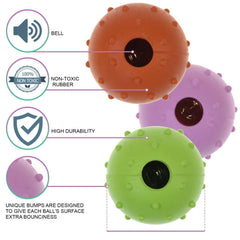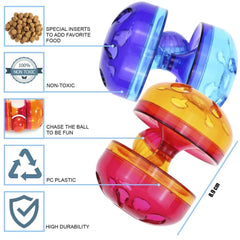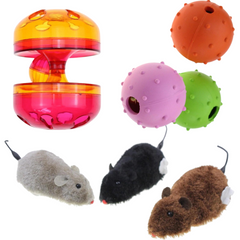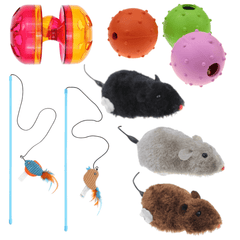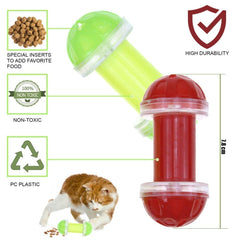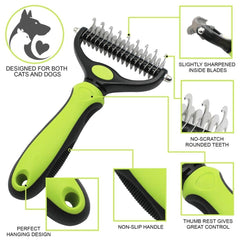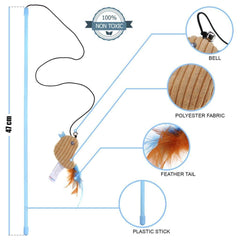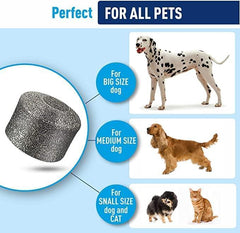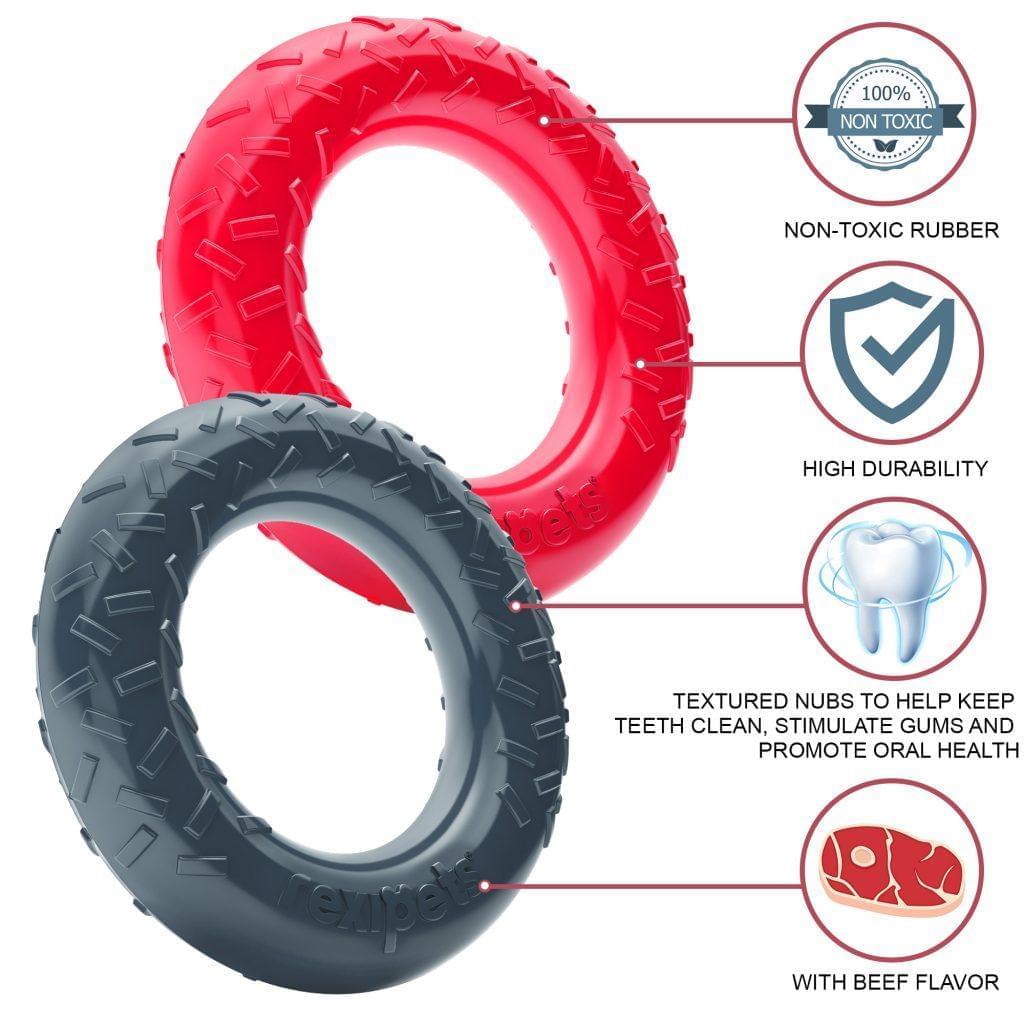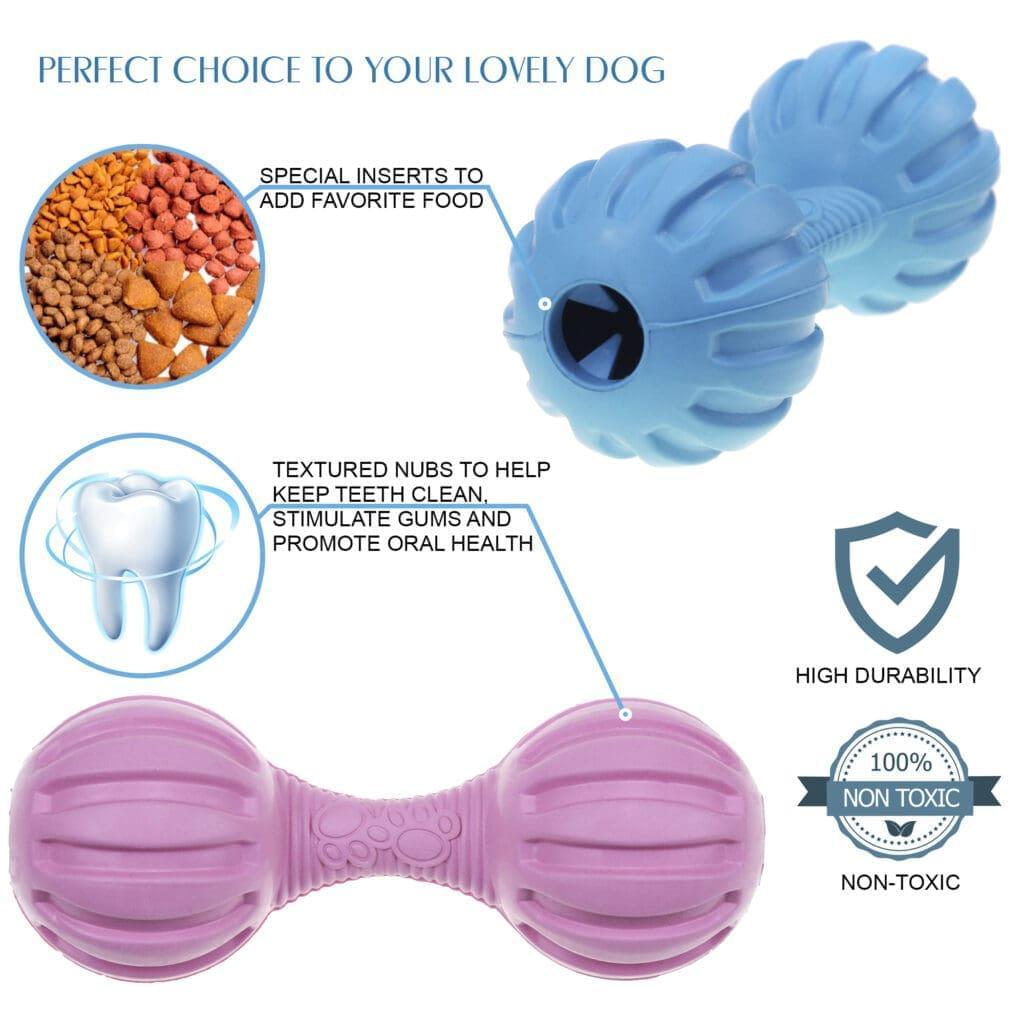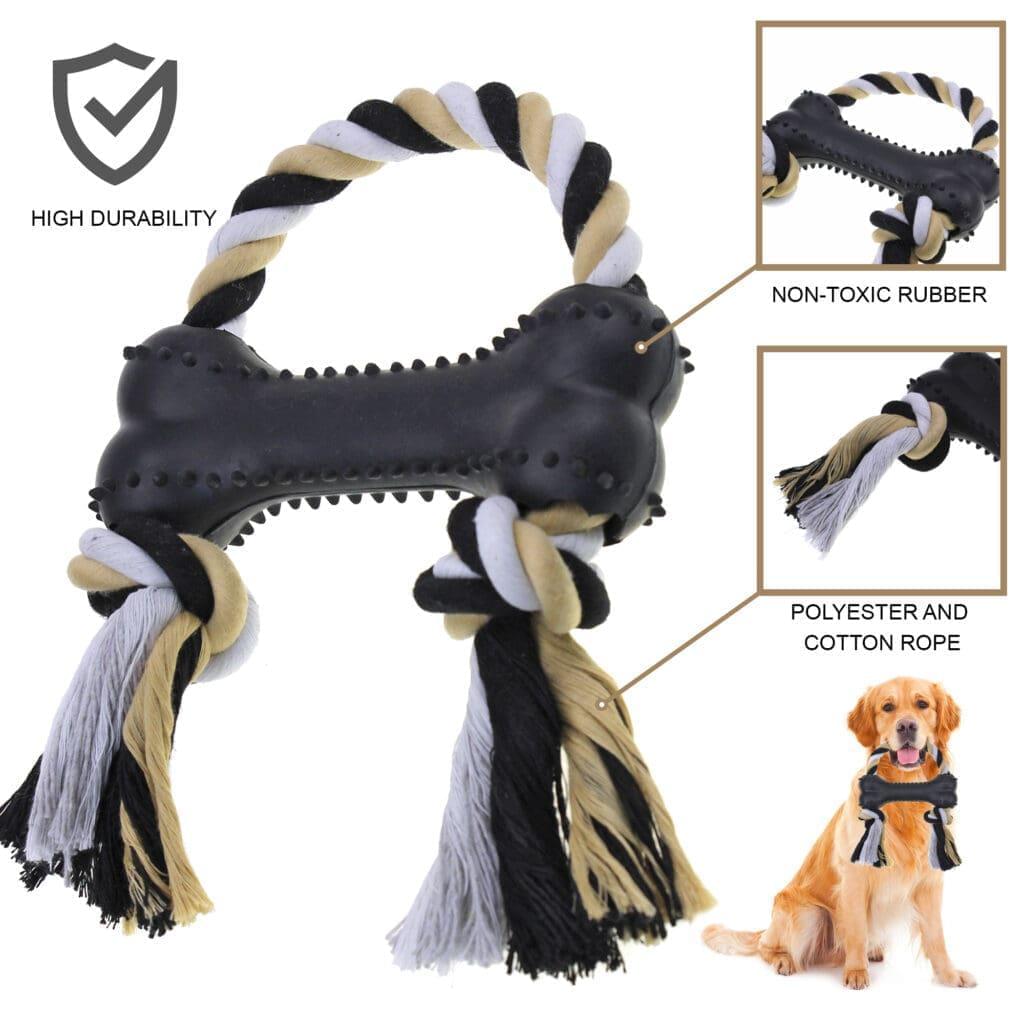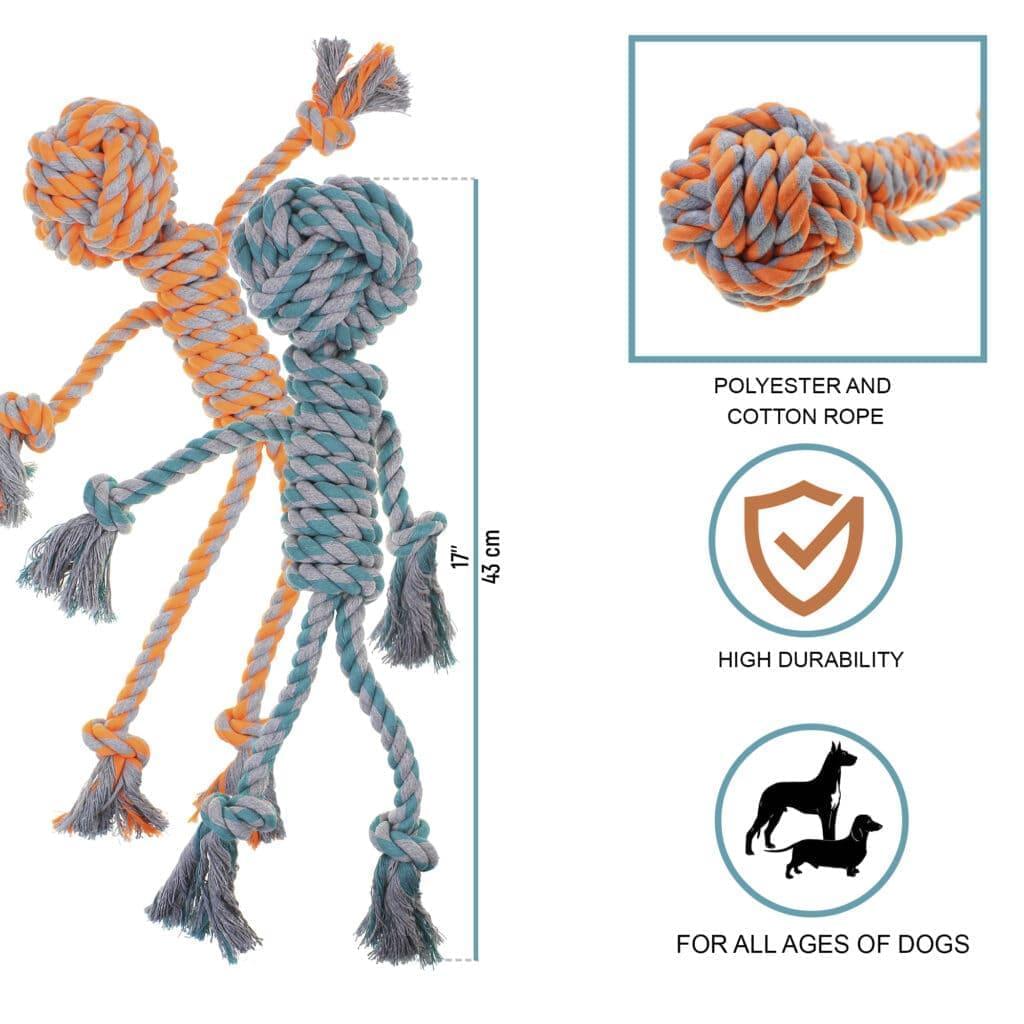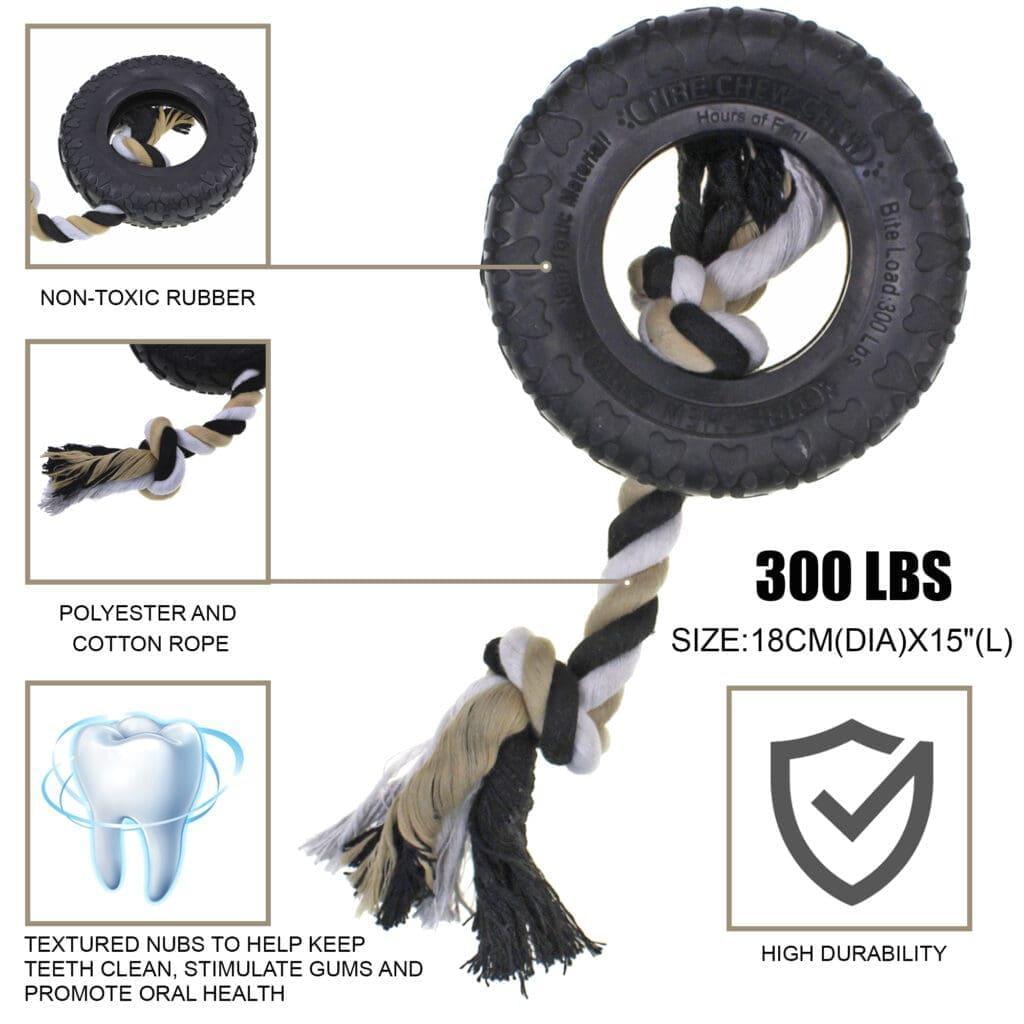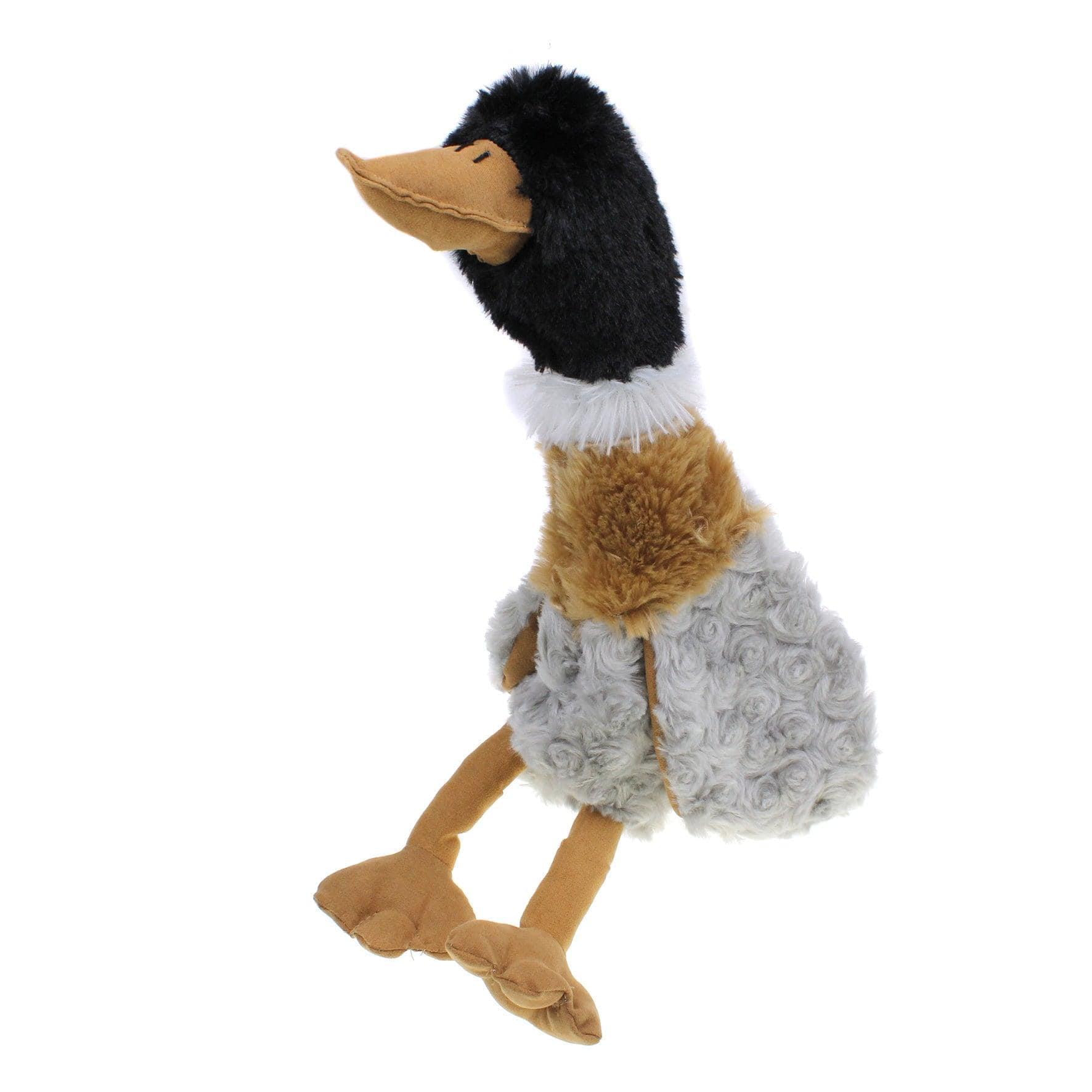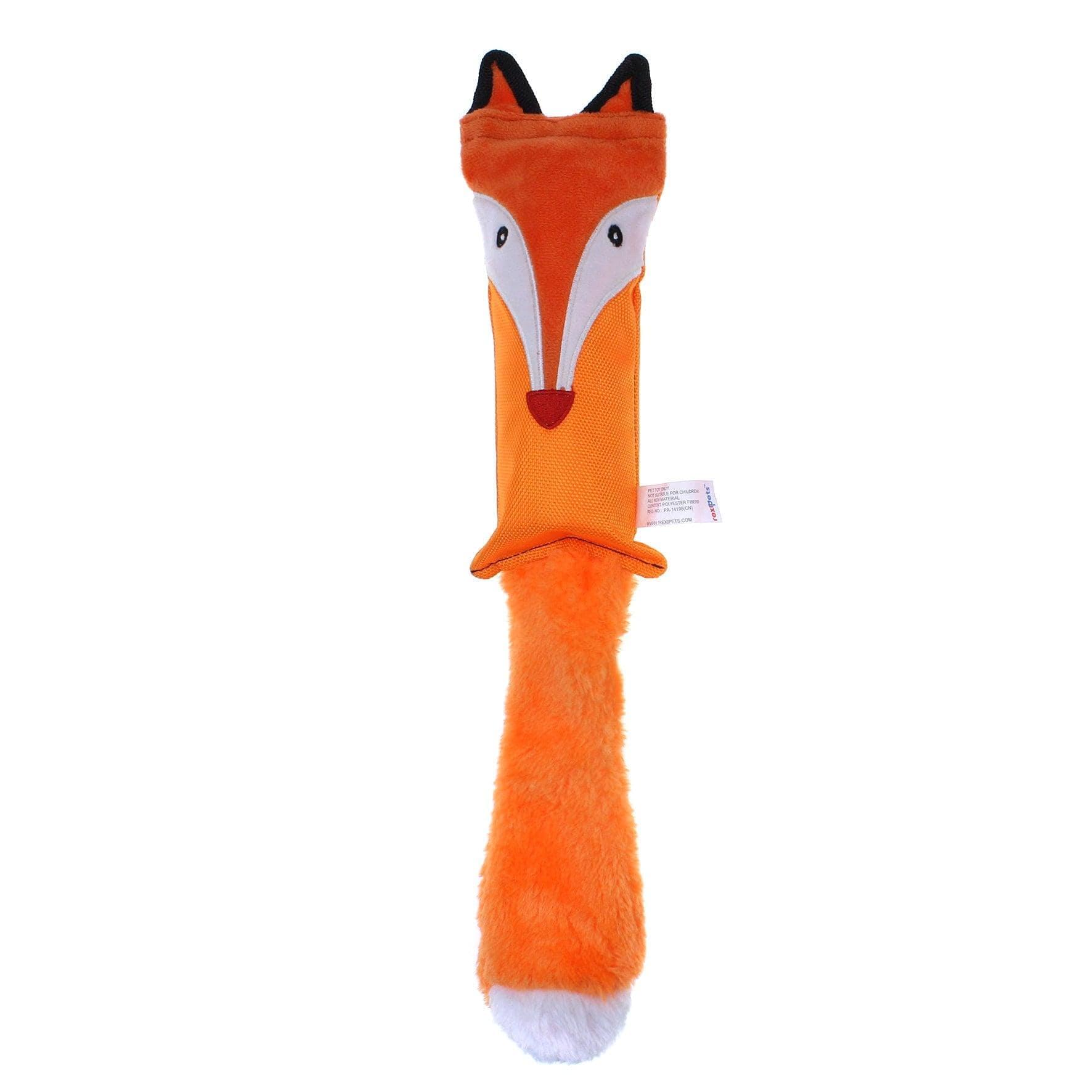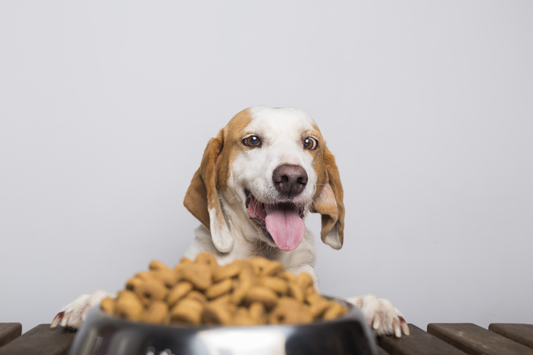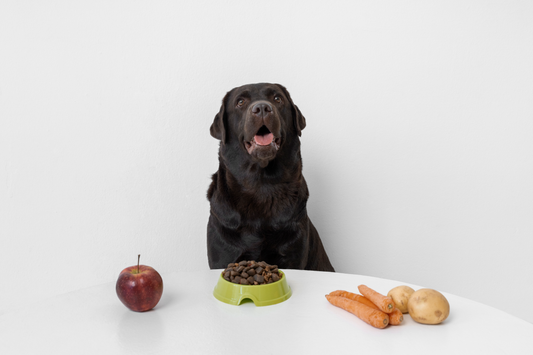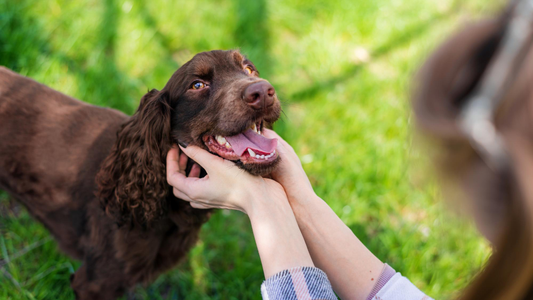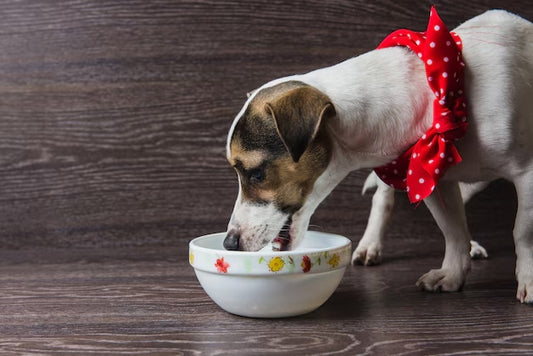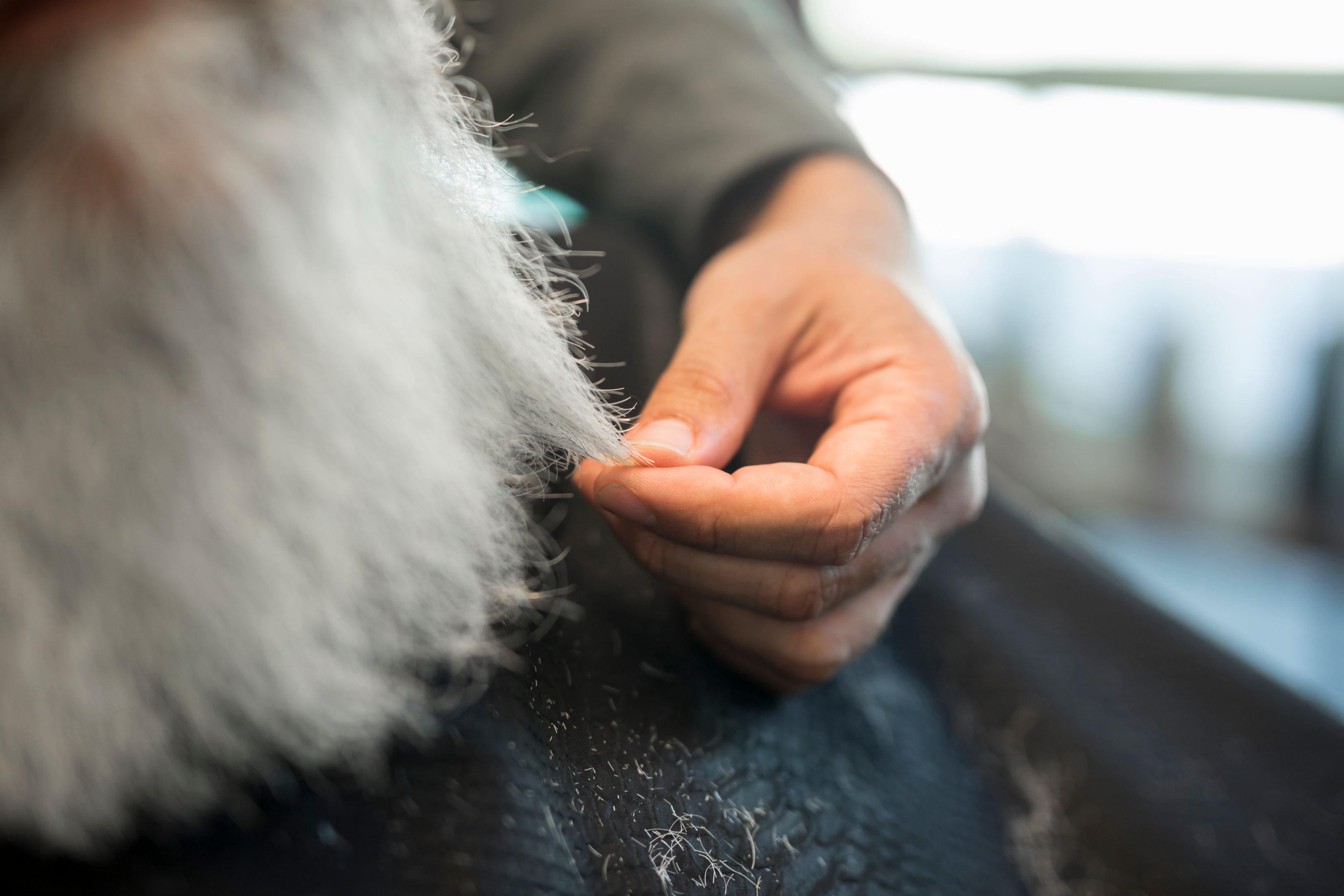
A tedious aspect of being a dog owner is the hair loss that comes with it. Hair shedding is very common in dogs but shouldn't become a norm.
A lot of hair loss can point in the direction that nothing is quite right. So today, we're going to talk about the causes of dog hair loss, different ways to prevent dog hair loss, and the different dog hair loss remedies you can practice to aid the hair loss.
So, give your roller a break, grab a hot beverage, and get ready to put an end to the excessive hair loss you're going through due to your dog's hair loss.
What Causes Dog Hair Loss?
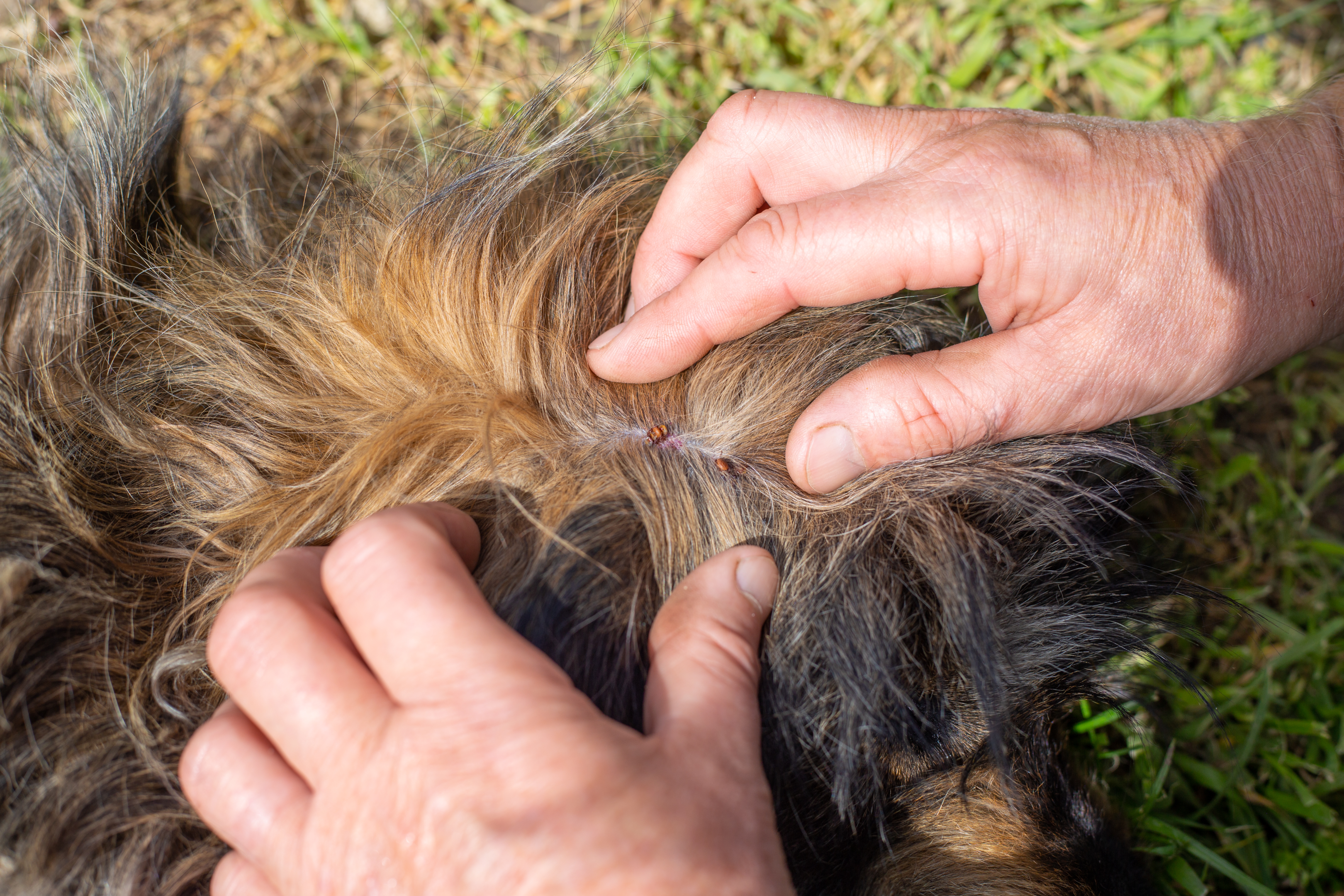
Dogs can lose their hair for a bunch of different reasons. Pet owners should know the root cause so that they can seek help for their dog.
Let's explore what is causing this common issue in our furry friends.
-
Genetic factor
Due to their genes, these dogs might begin losing hair as early as their first year. Keep in mind that genetic hair loss typically occurs symmetrically or in one specific spot, and there is usually no inflammation or flaky skin.
Look out for any bald spots and patches on your dog's lower neck, the outer part of their ears, chest, belly, and thighs, as these areas are most prone to hair loss.
-
Infections
Hair loss can happen because of a bacterial infection. Another reason for losing hair is a fungal infection called ringworm.
If your dog's skin is itchy, inflamed, and your dog losing hair around the eyes, ears, and mouth, itchy skin might mean mites in their fur.
-
Allergies
Just like humans beings, dogs can have allergies to many things. They might even develop allergies over time.
It could be food allergies, environmental things, or autoimmune disease or even parasites. These allergies can make dogs lose their hair. If you suspect your dog may have an allergy, it is essential to consult a vet and find out what's causing it.
The vet might run diagnostic tests to determine what is causing these allergies and make sure your dog avoids whatever is triggering their allergies.
-
Calluses
It's pretty common in bigger dogs. When they spend a lot of time on hard surfaces, their weight can create sores on the spots that touch the ground.
These sores can turn into patches, like calluses, making the skin hard and eventually causing hair loss. So, it's something to keep an eye on, especially for the bigger dogs.
-
Cushing's disease
Keep a lookout for signs of Cushing's disease if your dog is losing hair. Increased eating, drinking, frequent peeing, and excessive panting are red flags.
If you notice these symptoms, it is vital to consult your vet promptly for a proper diagnosis and to discuss appropriate steps for managing your dog's health.
-
Rashes
If your dog has rashes, that could cause skin irritation and make them lose hair. Rashes happen for a bunch of different reasons. It could be from rubbing too much, medicines, chemicals in shampoos, or even things like dog clothes or collars.
The cause can be anything among these things, and rashes might show up quickly after contact with it.
-
Other illnesses
Dogs can lose hair for different reasons. One leading cause of unnatural hair loss is not getting the proper nutrients from their food.
Other things include:
-
Thyroid problems
-
Issues with growth hormones
-
Pregnancy or nursing
-
Feeling stressed or anxious
-
Ways to Prevent Dog Hair Loss
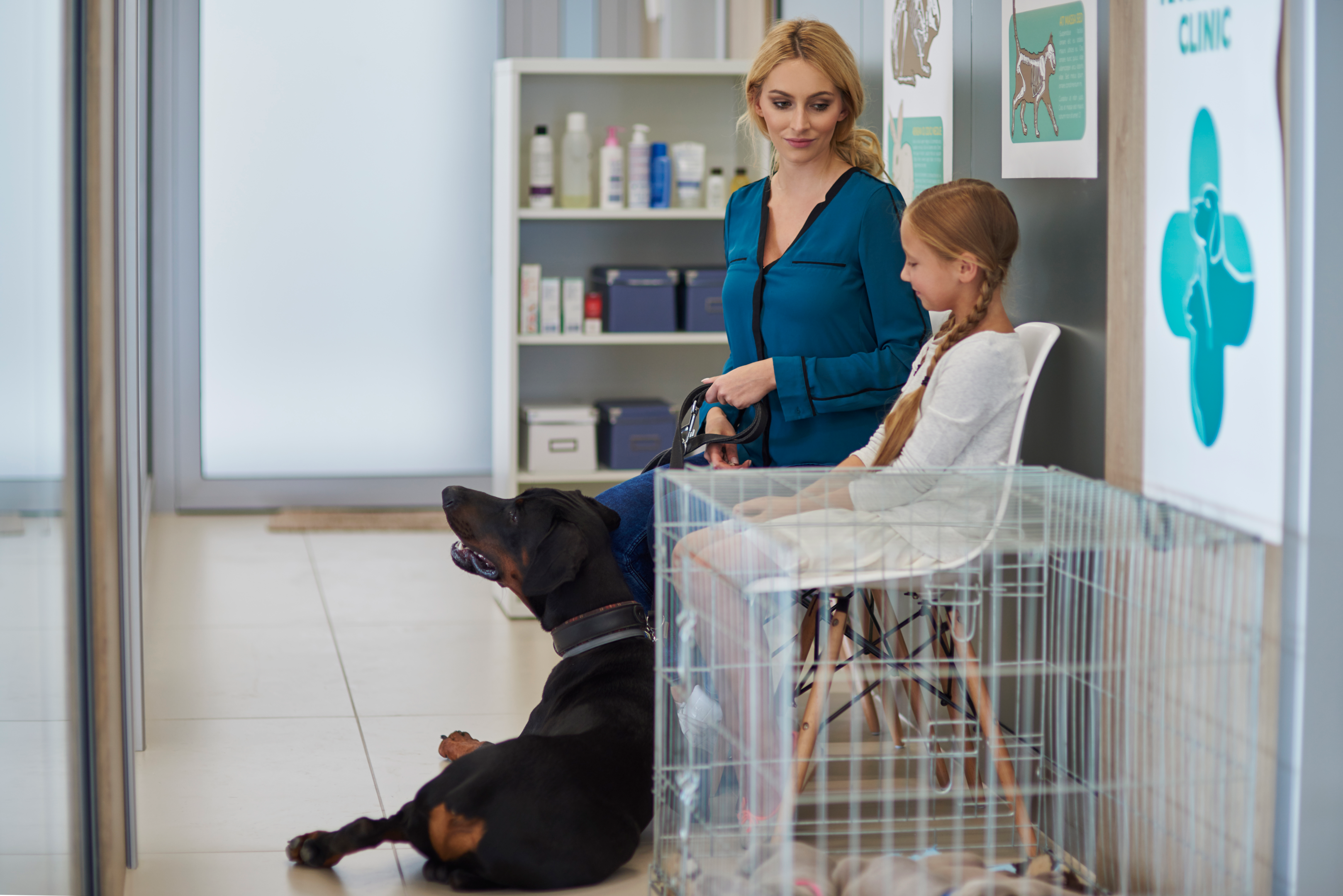
Stopping dog hair loss before it happens is usually the best way to deal with it. You can use different strategies to make sure your pet keeps a healthy and full coat.
Let's check out other ways to prevent it.
-
Regular visits to the vet
Understanding how often your dog needs to see the vet based on breed and age can help prevent hair loss. Regular check-ups help find problems early and deal with them before they become more significant issues.
-
Allergy prevention
It's important to know what your dog might be having allergic reactions to. If you see a regular pattern of itching or redness after certain meals or activities, note it and talk to a vet for advice.
-
Balanced nutrition and exercise
High-quality dog food that has all the necessary nutrients is vital for keeping their coat healthy. Regular exercise is also good for their overall health, skin, and hair.
-
Regular grooming
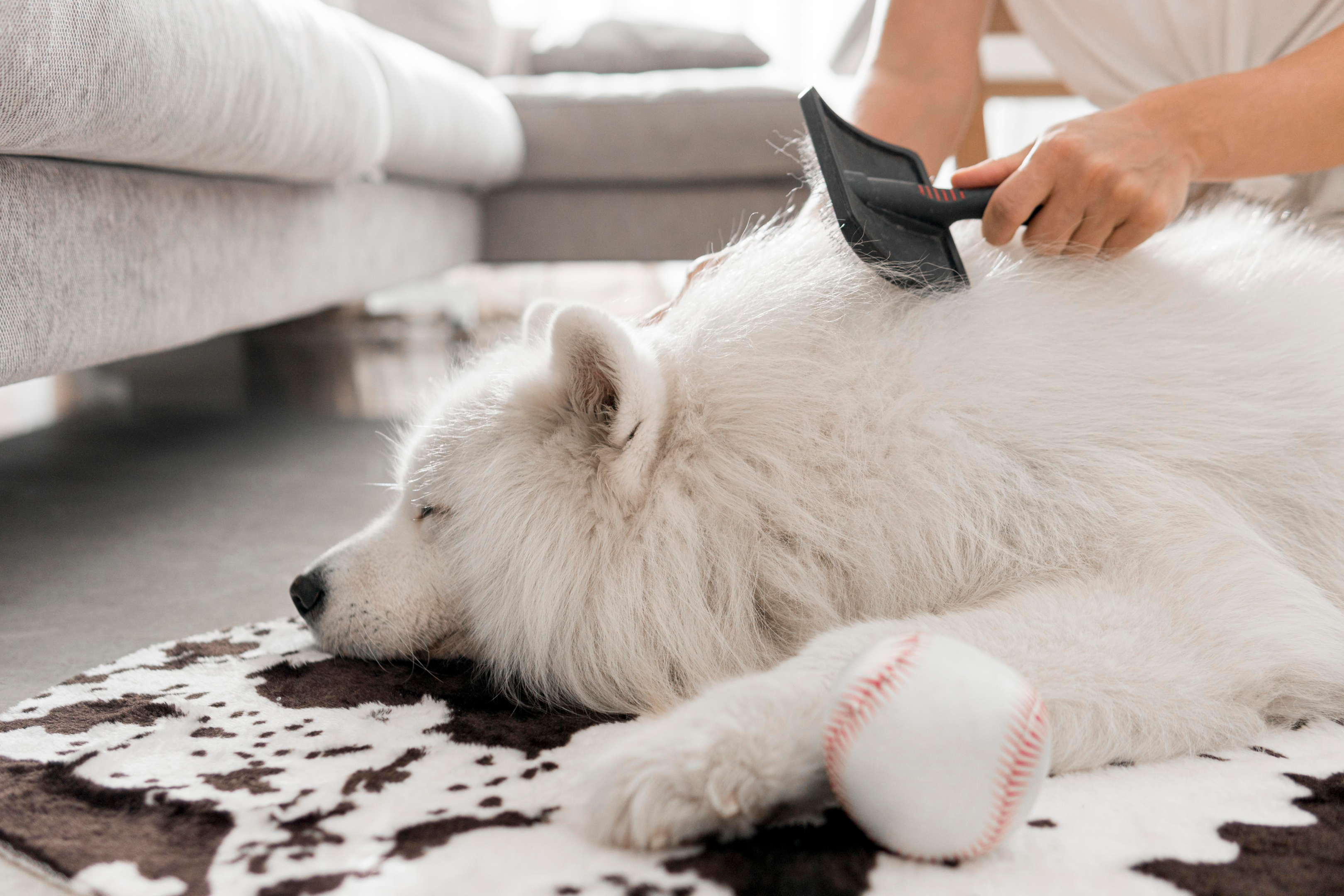
Picking the right brushes and grooming tools for your dog's fur type matters. Regular grooming helps get rid of dead skin and hair. It boosts the hair follicles to promote a healthy coat.
Dog fur naturally falls, and regular grooming makes sure you remove that dead hair before it deteriorates the condition of the overall coat health.
-
Mental stimulation
Keeping your dog mentally active with things like puzzle toys and games not only makes them happy but also keeps them healthy overall, which includes maintaining a healthy coat.
Dog Hair Loss Home Remedies
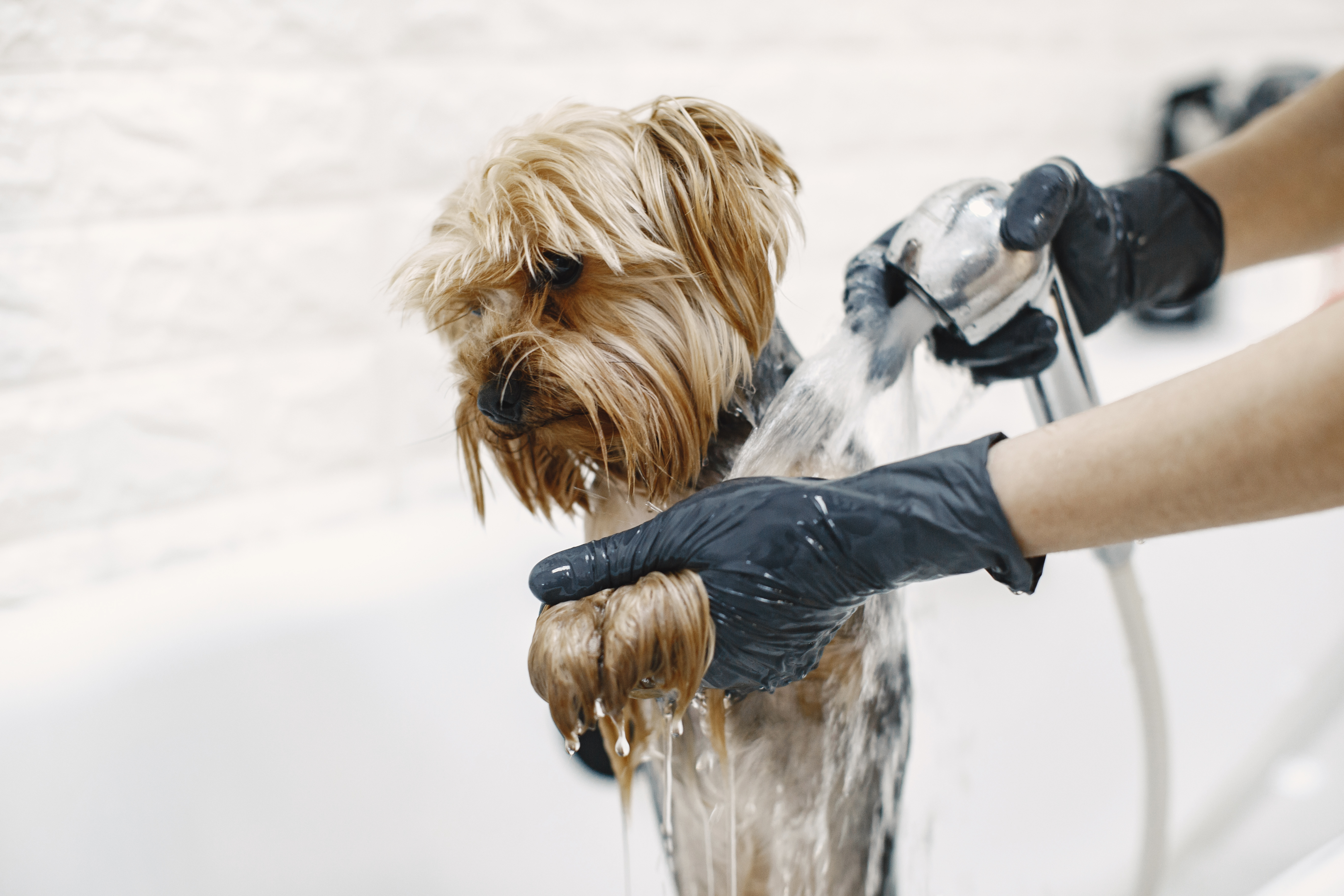
When it comes to taking care of your dog's hair loss at home, there are several simple and natural home remedies that pet parents can try to promote a healthier coat.
Let's look at some of the dog hair loss home remedies you can try:
-
Homemade shampoo
Creating your own shampoos with gentle, natural ingredients can be an excellent way to keep your dog's coat healthy. This involves using simple, safe materials to wash your furry friend, which is better for their skin and fur.
-
Herbal Solution
Seek relief for your dog's various skin conditions by applying herbal solutions such as Aloe Vera and Calendula to the affected areas.
These natural herbs can soothe discomfort and promote hair growth, making them a gentle and effective home remedy for your dog's hair loss.
-
Coconut oil
Give your dog's hair a boost with coconut oil—it's an excellent natural remedy. Just rub it gently on the spots where the hair is thinning. This helps hair grow and calms any irritated skin.
Coconut oil is like a healthy moisturizer for your dog's fur, making it a simple and safe way to improve their coat.
-
Oatmeal bath
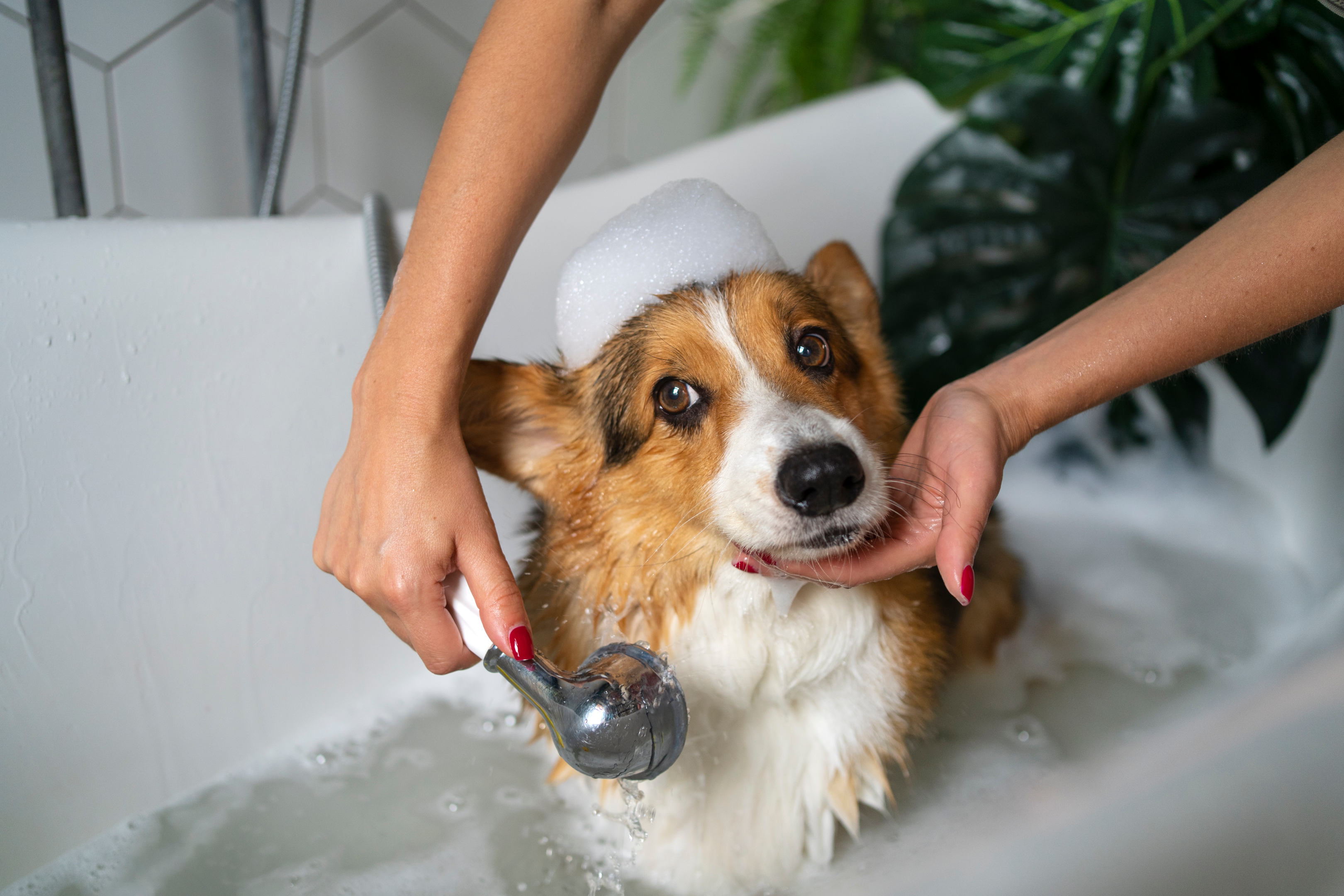
Treat your dog's irritated skin and promote hair growth with oatmeal baths. It's a reliable solution for areas where hair is thinning. Just make a bath using oatmeal, and let your furry friend soak in it.
This helps calm their skin and encourages hair to grow back. It's a simple and proven way to care for your dog's coat, making them feel better and look healthier.
-
Herbal rinses
Boost your dog's coat with green tea or herbal rinses during bath time. After washing, give your furry friend a final rinse with green tea or herbal solutions to add shine and encourage hair growth.
It's like giving their fur a little extra care, making it look glossy and promoting healthier hair. This simple step can enhance your dog's bath routine, leaving them with a shinier and more vibrant coat.
-
Apple cider vinegar
Use a watered-down mix of apple cider vinegar to help balance your dog's skin pH and boost hair growth. This simple solution acts as a natural remedy, creating a healthier environment for your dog's skin and encouraging the development of a shiny and strong coat.
However, always make sure to check in with your vet before introducing any new treatments.
-
Vitamin E
Give your dog's coat a boost with Vitamin E oil, known for its skin and hair benefits. Simply massage it into their skin for a shinier, healthier look.
Vitamin E helps improve the condition of their skin and promotes a glossy coat. It's an easy and effective way to care for your dog's appearance and overall well-being.
-
Fish oil
Fish oil can really boost the health of your dog's skin and fur. It's like giving your pup a special treat that also helps them look and feel great.
Adding fish oil to your dog's diet can be an easy way to enhance their overall well-being, but it's important to get the green light from your vet first.
Final Words!
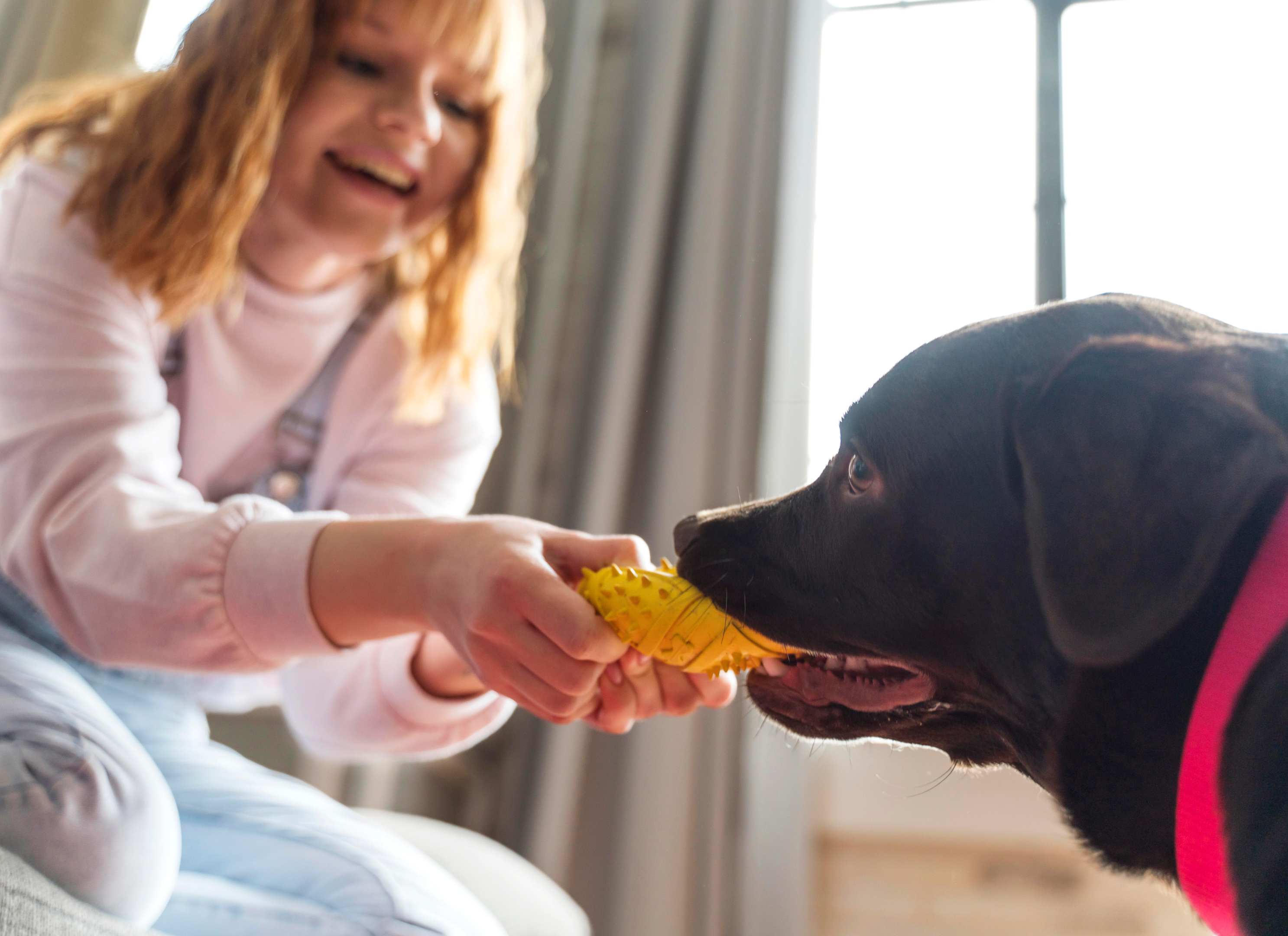
In wrapping things up, these at-home remedies offer practical solutions for dog hair loss. Creating your own shampoos with all-natural oils and ingredients like oatmeal or herbal solutions is a soothing and effective way to manage irritated skin and stimulate hair growth.
Additionally, incorporating green tea or herbal rinses after baths can enhance shine and encourage hair growth. Vitamin E and olive oil are, known for its their skin and hair benefits. It can be applied to achieve a healthier coat.
Fish oil supplements, present a dietary option that contributes significantly to skin and hair health. Still, seeking your vet's advice before introducing supplements is crucial.
Consulting with your veterinarian is key to ensuring these remedies suit your dog's specific needs and conditions. By taking the time to care for your dog's coat using these natural methods, you're not only addressing hair loss but also fostering a stronger bond with your furry friend. All this is done while enhancing their overall well-being.
FAQs
What food causes hair loss in dogs?
A lot of the pet foods options that dog owners can buy from stores may have only some of the essential nutrition your pet needs to stay healthy. These foods are usually processed, filled with too many carbs, and made with subpar ingredients.
They cook these foods at super high temperatures, which takes away some of the good stuff your pet needs, leading to not getting the proper nutrition and possibly causing hair loss.
What causes bald patches on dogs?
Fungus called ringworm, pests like mange mites, and other bacterial infections can make your dog sick and create bald patches all over their body.
Keeping an eye on your dog's skin and fur helps catch these problems early. It is vital to consult a vet as soon as you spot these. If left untreated, it they can wreak havoc on your dog's immune system, health and coat.
Are there any supplements that can help with hair loss?
Fish oil supplements that are quite rich in omega-3 fatty acids and Vitamin E oil can be beneficial for your dog's skin and overall coat health.
However, always consult with your vet before introducing any new supplements.
Can stress and anxiety contribute to my dog's hair loss?
Yes, stress and anxiety can impact your dog's overall health, including their coat. Engaging in activities that mentally stimulate and comfort your dog and a stable environment can help with the stress-related hair loss.
